"Chinese opera art is like a huge sponge, constantly absorbing, transforming, merging and flourishing," says traditional Chinese opera director Li Zhuoqun, who is credited with creating a market for traditional opera shows in small theaters across China. In this episode of The Vibe's "Artistic Aces" series, we speak to this young director about how such a traditional art form gave birth to an avant-garde format.
06:31
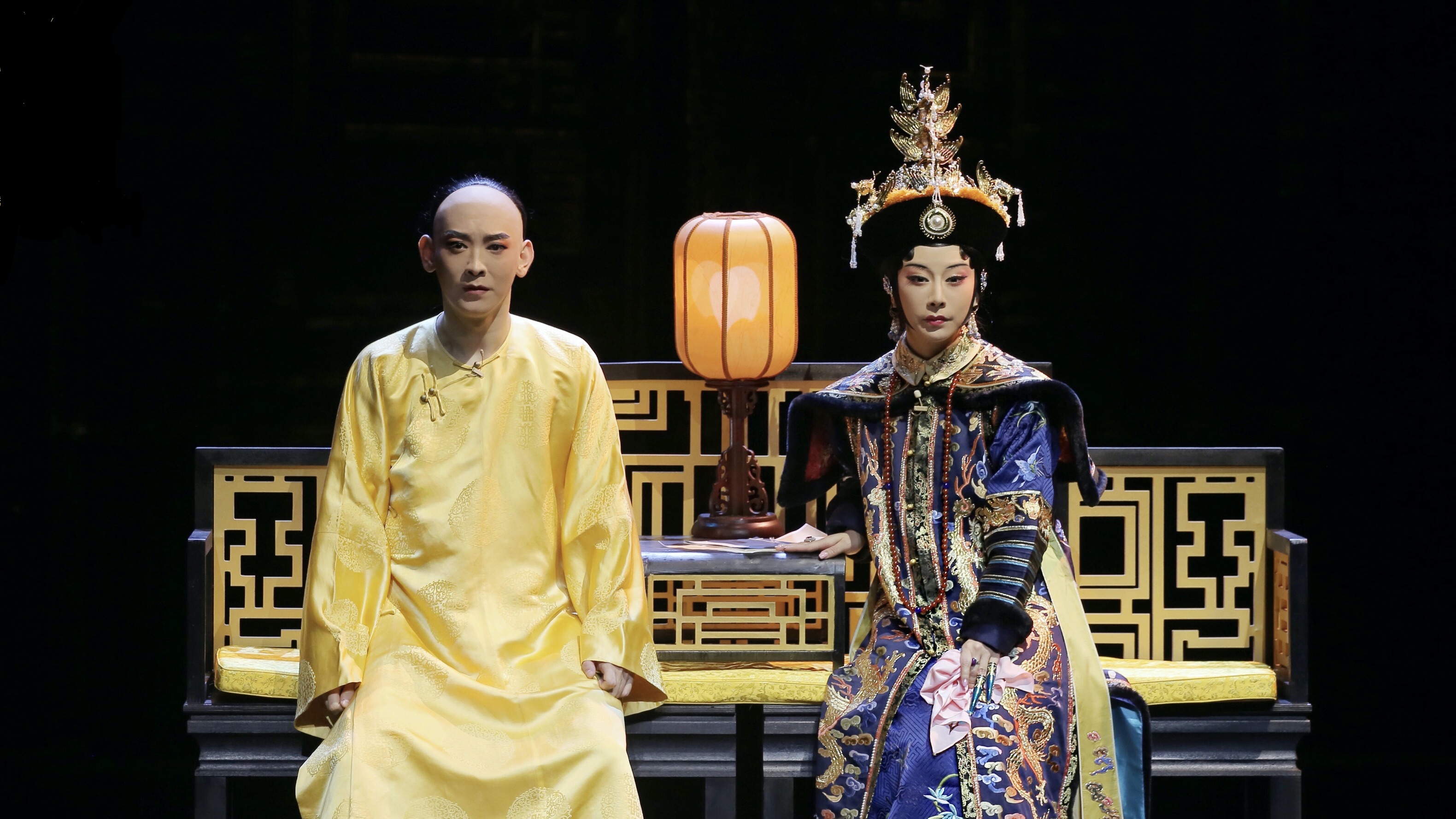
Premiering in 2013, Li Zhuoqun's directorial debut work "Death Do Us Part" is a story adapted from the 14th-century Chinese classic novel "Water Margin." Li, a graduate of the National Academy of Chinese Theater Arts, says that performing this classic piece for today's audience is an experiment and a challenge.
"We decided to condense the divorce scene that lasted four or five days in order to maximize the effect of our vocals and dramatic performances. We also invited modern dancers to collaborate with us. We juxtaposed the performance methods of traditional opera with the rhythm of modern dance."

Peking Opera "Death Do Us Part" written and directed by Li Zhuoqun. /Courtesy: Li Zhuoqun
Peking Opera "Death Do Us Part" written and directed by Li Zhuoqun. /Courtesy: Li Zhuoqun
Li Zhuoqun often utilizes minimal stage design to maximize the effect of the actors' presentation. She noted, "We have simplified the elaborate stage design of the original show to accentuate the actors' performances. An oar can represent rivers, lakes and seas, and a whip can represent traveling over thousands of miles. A few soldiers can represent thousands of troops and horses."
Inspired by reports of the death of the Guangxu Emperor in the Qing Dynasty (1644-1911), Li designed a Peking Opera show that reenacted this historical event.
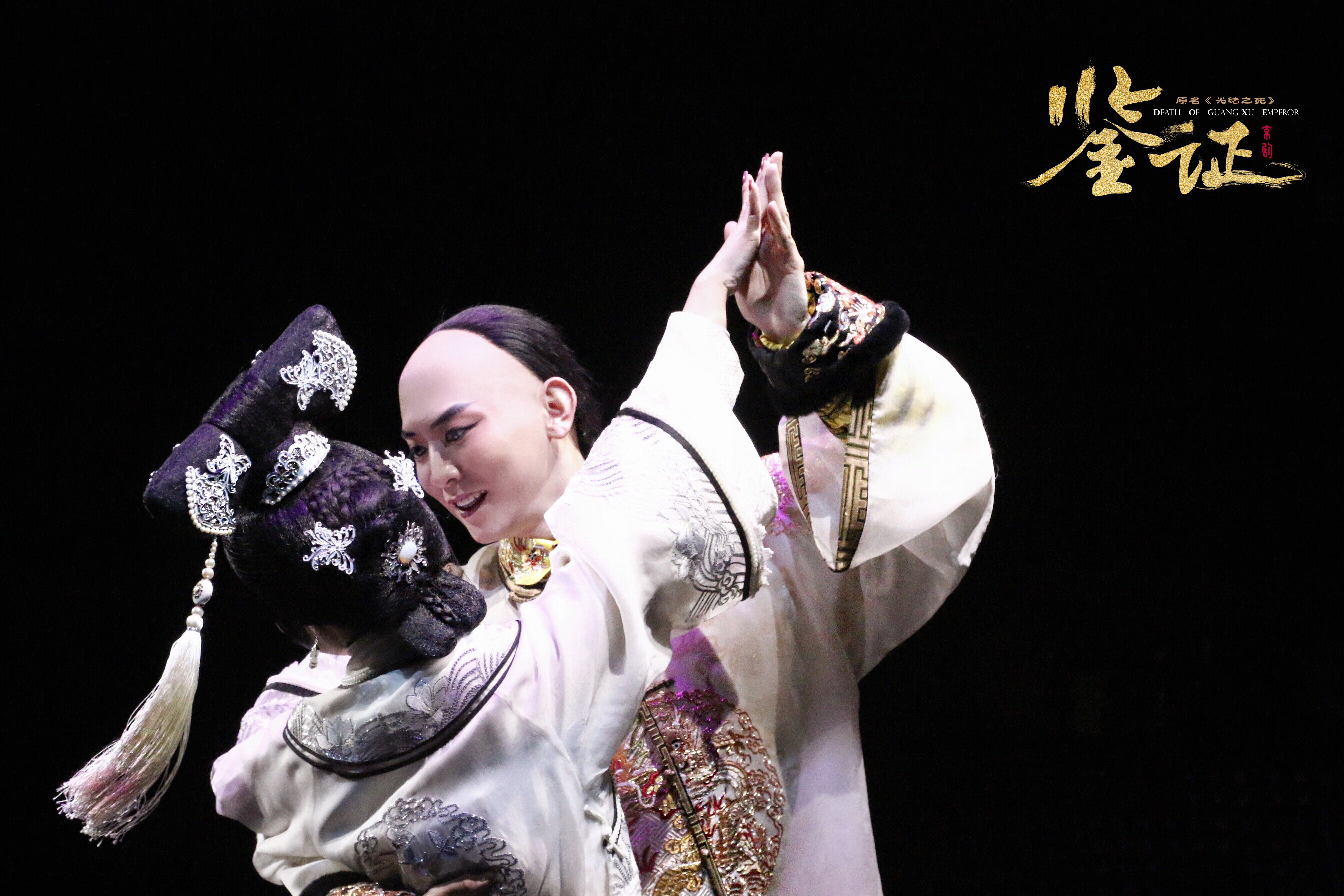
Peking Opera "Death of Guangxu Emperor" directed by Li Zhuoqun. /Courtesy: Li Zhuoqun
Peking Opera "Death of Guangxu Emperor" directed by Li Zhuoqun. /Courtesy: Li Zhuoqun
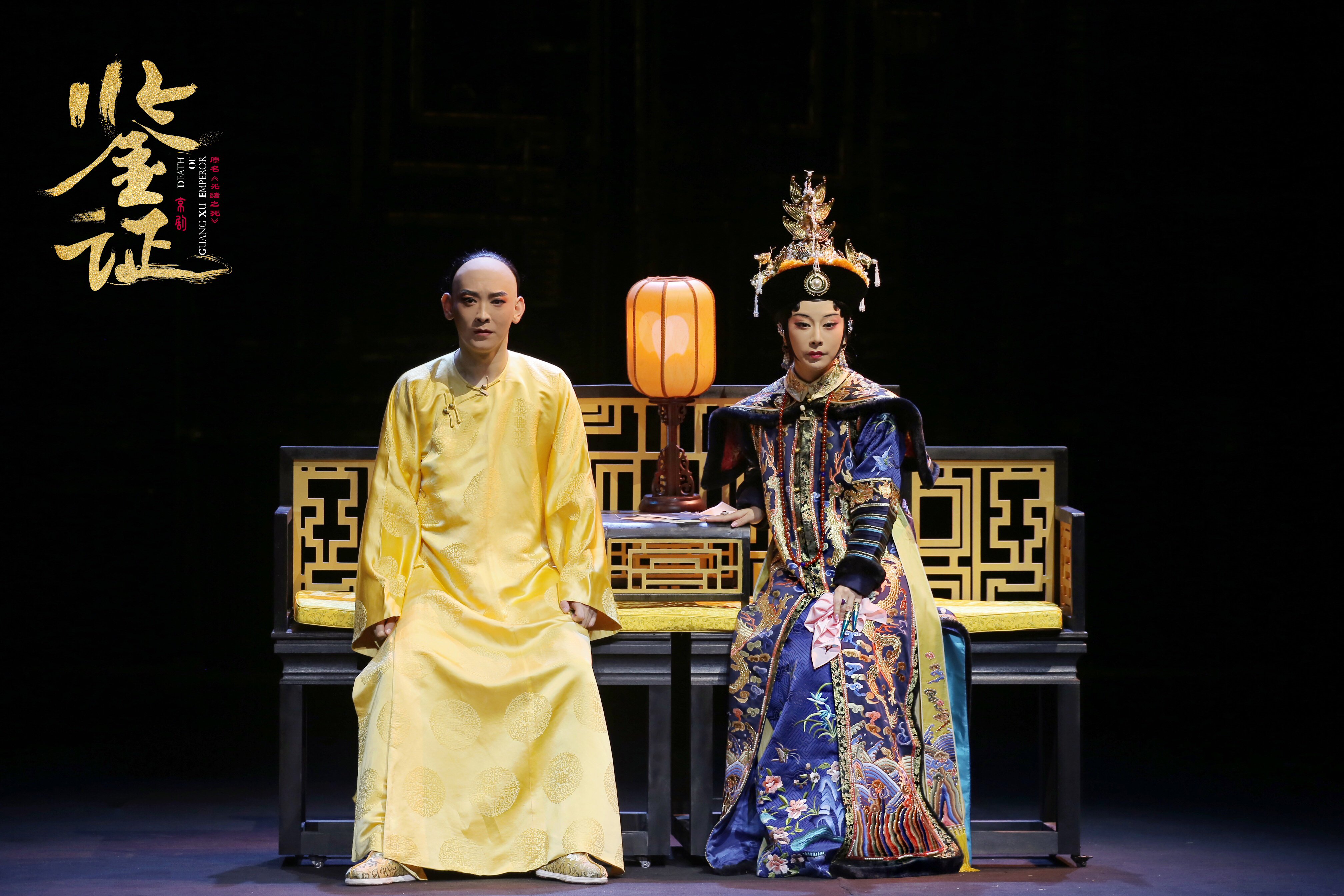
Peking Opera "Death of Guangxu Emperor" directed by Li Zhuoqun. /Courtesy: Li Zhuoqun
Peking Opera "Death of Guangxu Emperor" directed by Li Zhuoqun. /Courtesy: Li Zhuoqun
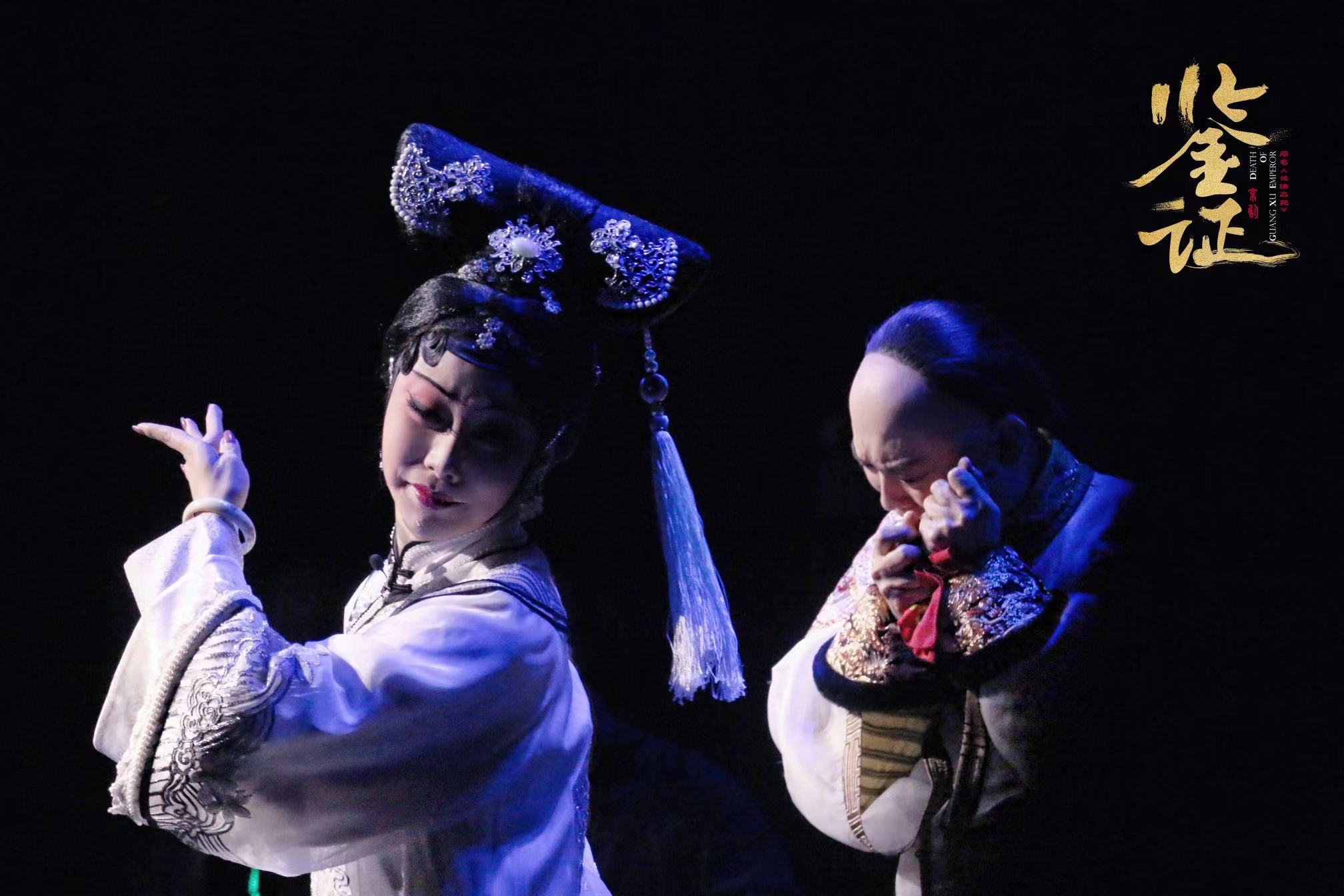
Peking Opera "Death of Guangxu Emperor" directed by Li Zhuoqun. /Courtesy: Li Zhuoqun
Peking Opera "Death of Guangxu Emperor" directed by Li Zhuoqun. /Courtesy: Li Zhuoqun
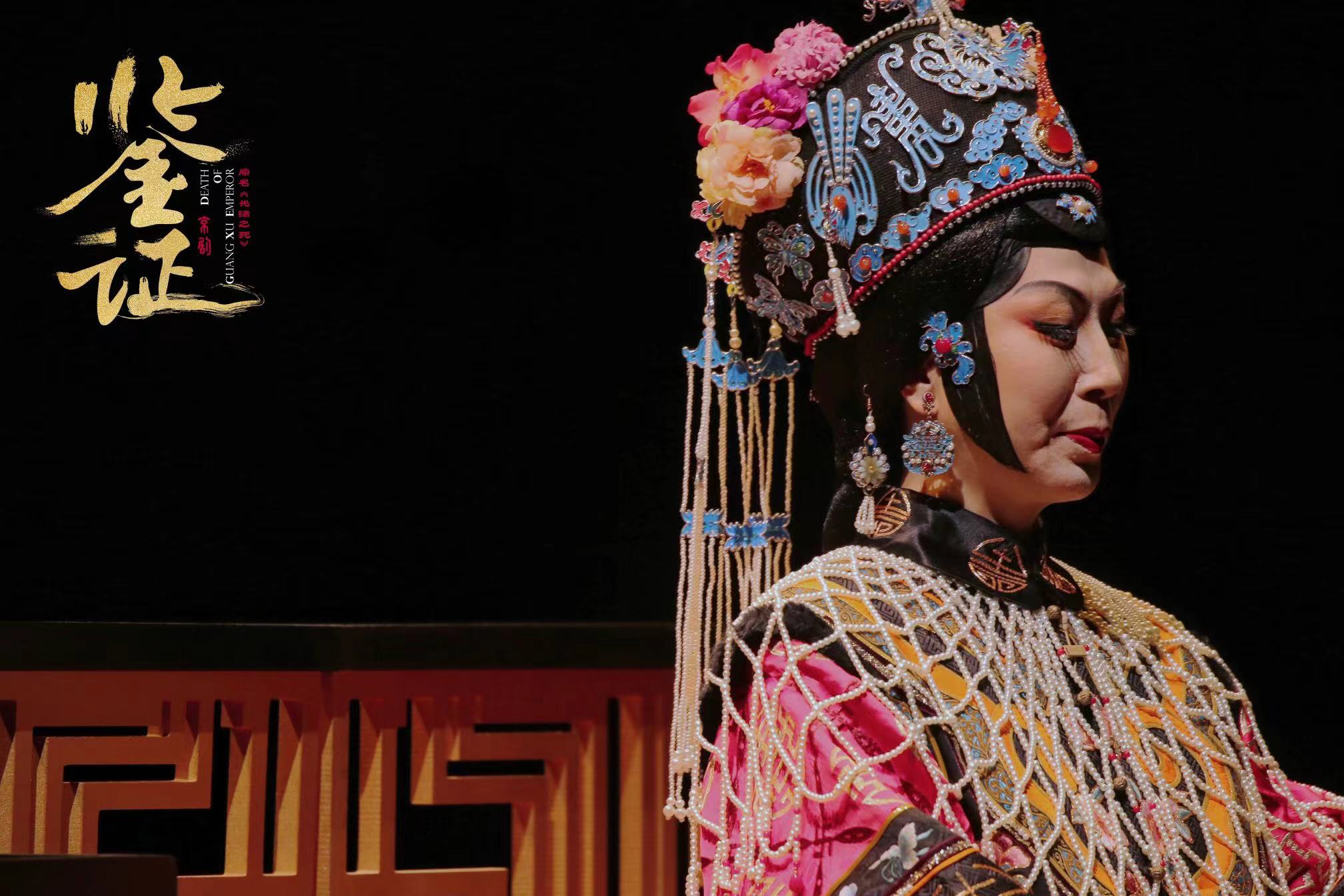
Peking Opera "Death of Guangxu Emperor" directed by Li Zhuoqun. /Courtesy: Li Zhuoqun
Peking Opera "Death of Guangxu Emperor" directed by Li Zhuoqun. /Courtesy: Li Zhuoqun
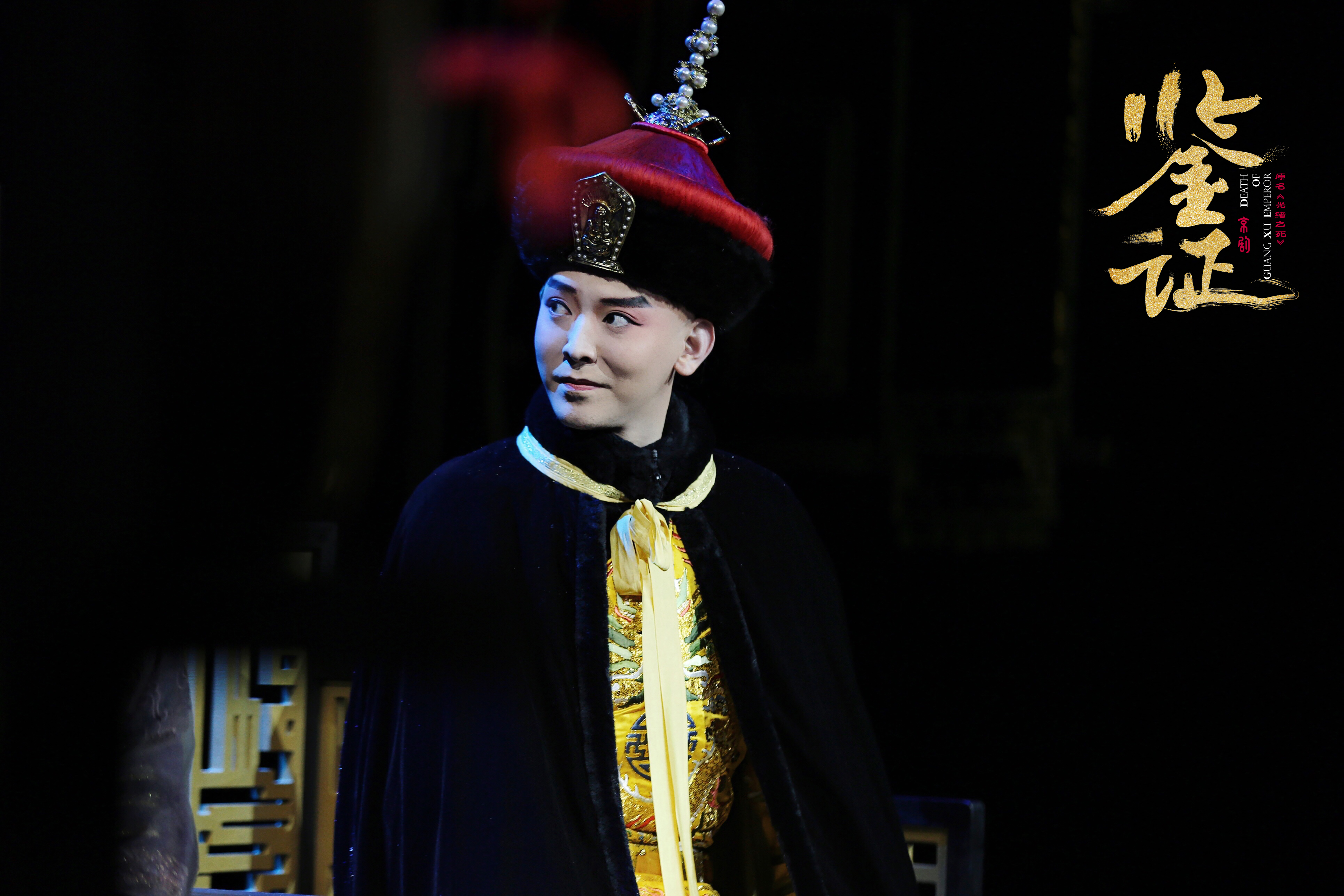
Peking Opera "Death of Guangxu Emperor" directed by Li Zhuoqun. /Courtesy: Li Zhuoqun
Peking Opera "Death of Guangxu Emperor" directed by Li Zhuoqun. /Courtesy: Li Zhuoqun
Li defines her team as "small, deep, refined and broad." She explained, "'Small' in its size, volume and perspective. 'Deep' refers to our performance and the depth of the script. 'Refined' refers to the production of the costumes, makeup, props, sound and light. 'Broad' refers to its publicity and operation. We target all ages and a wider audience."
To Li, traditional opera is "the art of regret" due to the unique charm of live performances. She aims to allow the audience to enjoy every minute of the show and draw more people to the theater.
Li said, "We hope to find a possibility for small theater opera to make a breakthrough in terms of the market and target audience… With the development of aesthetics and society, our generation needs to inject a wider and more varied artistic vocabulary into traditional opera. Yet it should still develop on the basis of maintaining the characteristics of traditional opera."
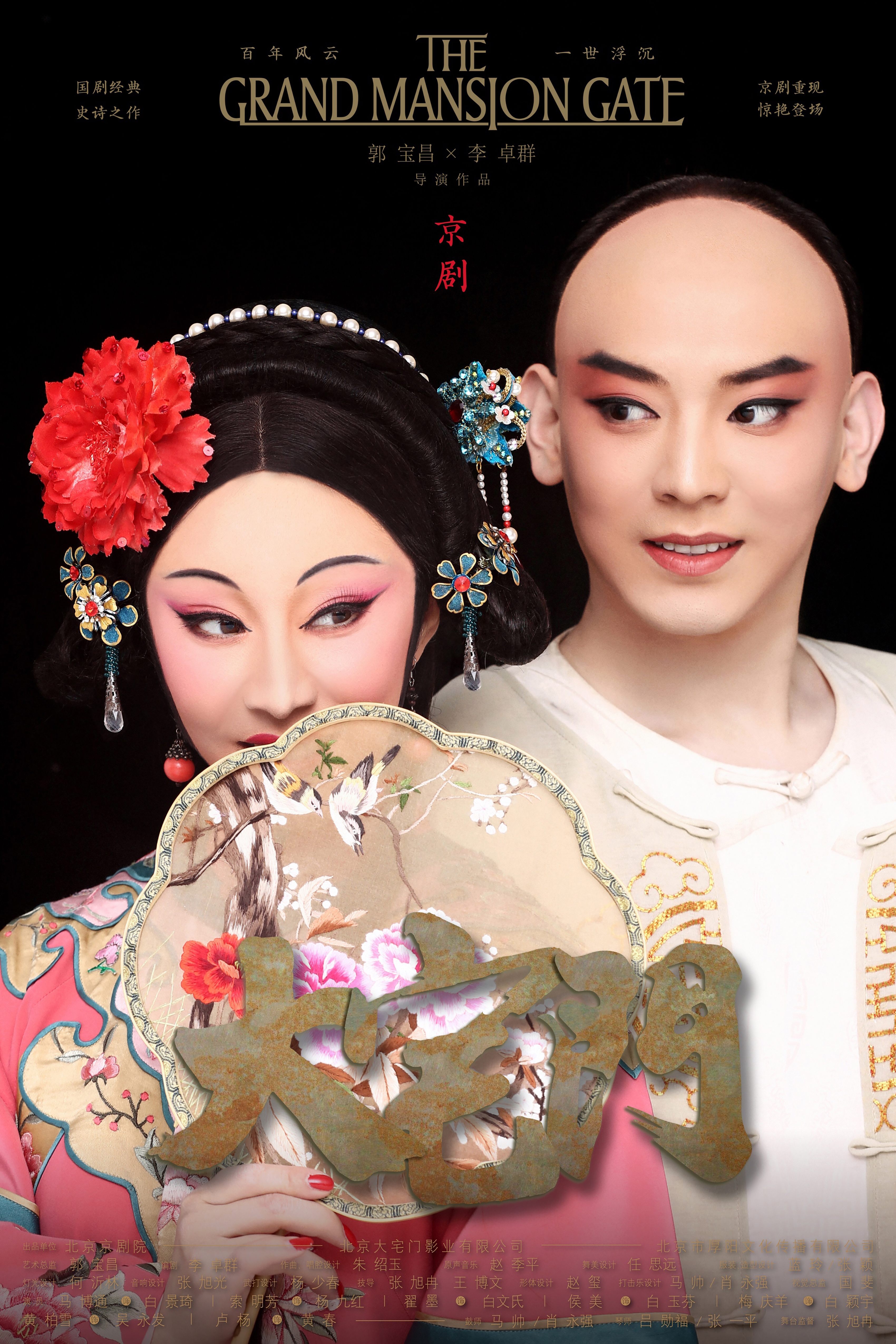
Peking Opera "The Grand Mansion Gate" co-directed by Li Zhuoqun. /Courtesy: Li Zhuoqun
Peking Opera "The Grand Mansion Gate" co-directed by Li Zhuoqun. /Courtesy: Li Zhuoqun
Now in her 30s, Li's goal is to make traditional opera art more appealing to both the young and the old.
"Nowadays, people's demand for art and aesthetics is getting higher. If someone thinks traditional opera is too niche and that our show is unappealing, we should reflect on that. We must be doing something wrong if people don't want to go to the theater anymore," she remarked.
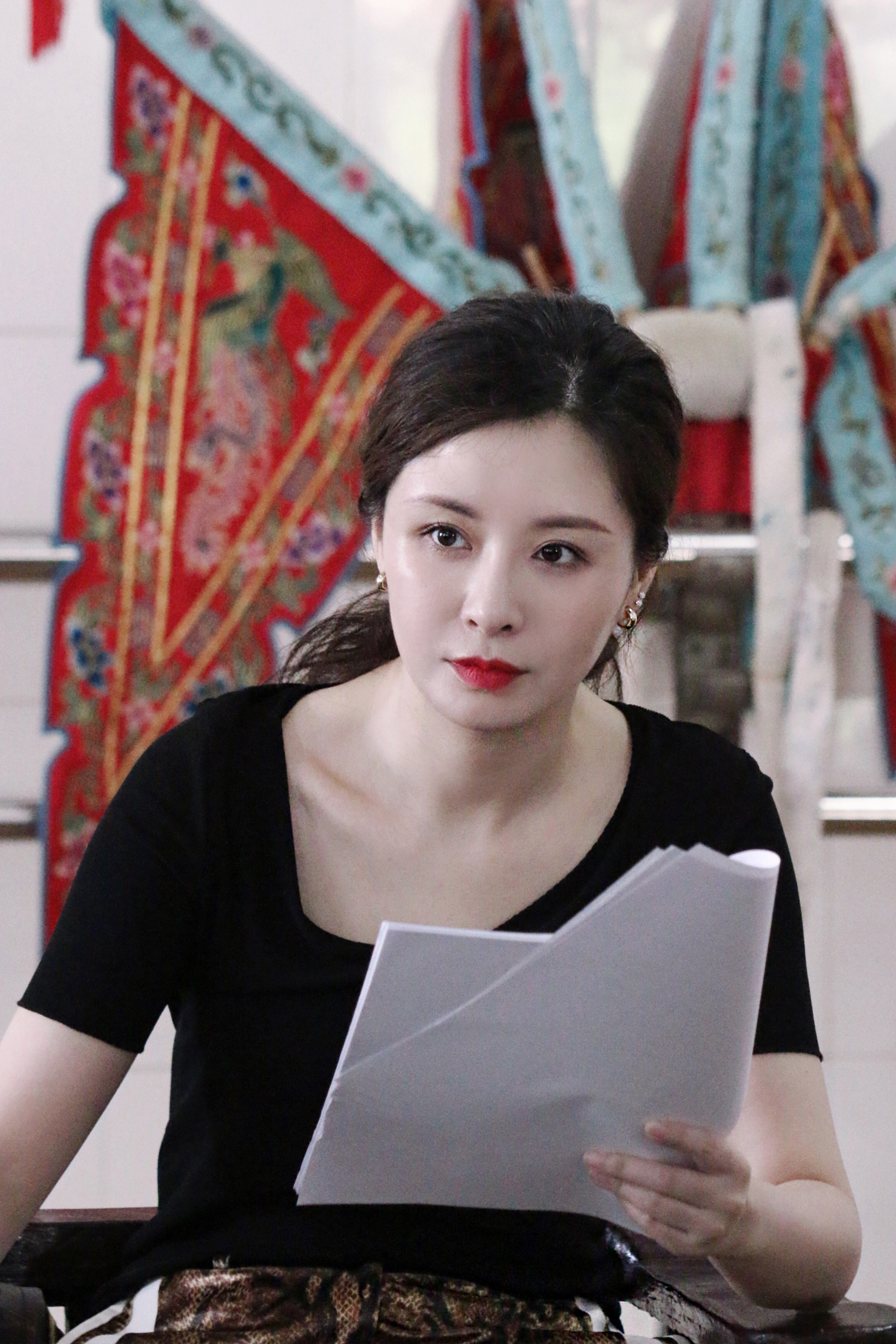
Young Chinese opera director Li Zhuoqun at work. /Courtesy: Li Zhuoqun
Young Chinese opera director Li Zhuoqun at work. /Courtesy: Li Zhuoqun
Li concludes, "Classic operas like 'Farewell My Concubine' and 'At the Crossroads' weren't classics from the start. They have been passed down from generation to generation, evolving from new to old and into classics. So our generation also needs to put our knowledge to the test on stage. Over time, it will become a classic that stands the test of time, reflecting our experience and audience expectations."